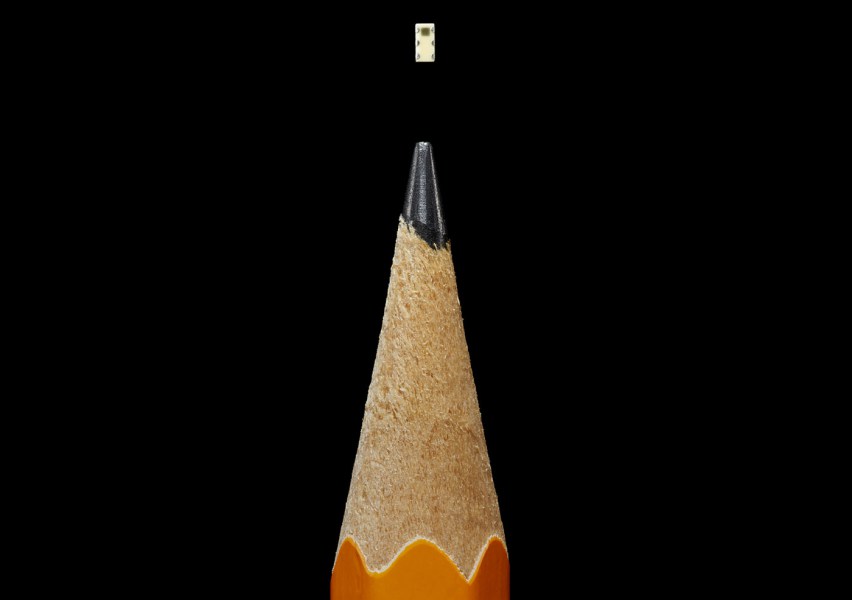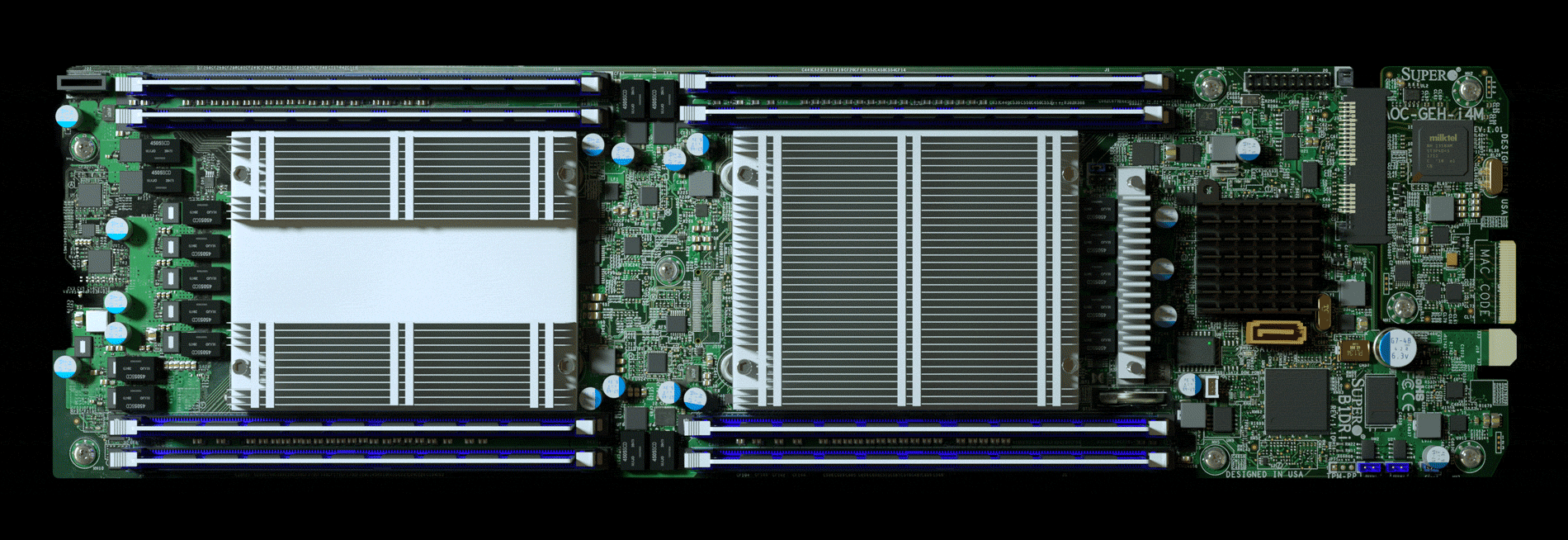The head of Apple said that Chinese spy chips in servers Supermicro - fiction

The “spy chip”, which was described in the Boomberg material, looks like this, according to media journalists.
Last week the Bloomberg Businessweek publication published a detailed article about a Chinese spy microchip that was secretly installed on Supermicro server motherboards. With the help of this chip, the interested party (read - the Chinese) was able to remotely control any server connected to the Internet. Also, Bloomberg journalists said that 30 large American companies, including Apple, were the victims of this cunning trick.
Despite the fact that the server manufacturer denies everything, Supermicro ’s shares fellin price by 50%. Thursday last week was the worst day for Supermicro for the entire time the company was on the exchange. In addition, questions began to be asked and companies using the server Supermicro, for example, the same Apple. The corporation has tens of millions of users who have entrusted their data to it. If Apple’s data centers are open to the Chinese, the question is what does the company do to solve the problem and which guarantees confidentiality.
Apple sent a letter indicating its position on this issue to the US Congress. Cook did not give any guarantees, he just said that this whole story is fiction, the company's servers are under reliable protection. He also said that employees of the corporation carried out an extensive audit of their data centers several months before the unfortunate article appeared in Bloomberg. During the test, nothing like spy microchips was found. In addition, the company was unable to detect software vulnerabilities.
In principle, the corporation has to report on its work in the field of protection of user data is not the first time. So, back in 2013, Apple had to strain, since then Edward Snowden toldabout the PRISM platform, which allows US intelligence to access any information in virtually any company in the United States and some other countries.
After the publication of the Snowden materials, Apple and other technology start-ups began posting refutations written by the masters of the word in the media. The words were carefully chosen, and the facts given in the ill-fated documents, tried to refute. But it didn’t work, because although there were some mistakes made when publishing the materials, the general message was quite correct - intelligence could indeed get access to a lot of confidential data. In other words, the companies failed to whitewash themselves, since the facts stated in the Snowden documents were proven, verified and rechecked by numerous experts.
Now, after the "stuffing" from Bloomberg, experts and ordinary users are wondering if this can not be a repetition of an earlier story. That is, if Bloomberg is mistaken in particular, is it possible that the basic information given in the article is true, and corporations are again trying to disown obvious things.
Apple continues to argue that a thorough investigation conducted by its experts, led to the opposite results of the article in Bloomberg. No spyware chips could be detected, and there were none at all. "We were never tested or warned by representatives of the FBI about this danger." In addition, the corporation said that the FBI agents did not apply even after the entire article was made public.

Animated illustration of an article by Bloomberg, where that chip is clearly shown. So far, no one has found it.
Not only did Apple have to make excuses, Amazon also built its line of conduct in much the same way. Her press office made a streamlined statement: “Neither in the past, nor now, nor in the future have we had and will not have any problems with the use of third-party computer systems or software.
Some time after the US government commission heard representatives of technology companies, the Department of Homeland Security stated that there was no reason to doubt the words of the companies. However, all suspicions are not removed.
True, in the time that has elapsed since the publication of the Bloomberg publication, none of the journalists confirmed the facts presented in the material. Usually, when something out of the ordinary happens, and some media publishes it, there are journalists from other publications who confirm the words of their colleagues. But not this time - so far no one has confirmed the validity of the charges of Bloomberg, nor have photos of “bug” boards appeared on the network.
If, as Bloomberg journalists claimed, the problem would affect about 30 companies, then sooner or later the truth would come out, the covers would be torn off. So far this has not happened, so it remains only to wait.
